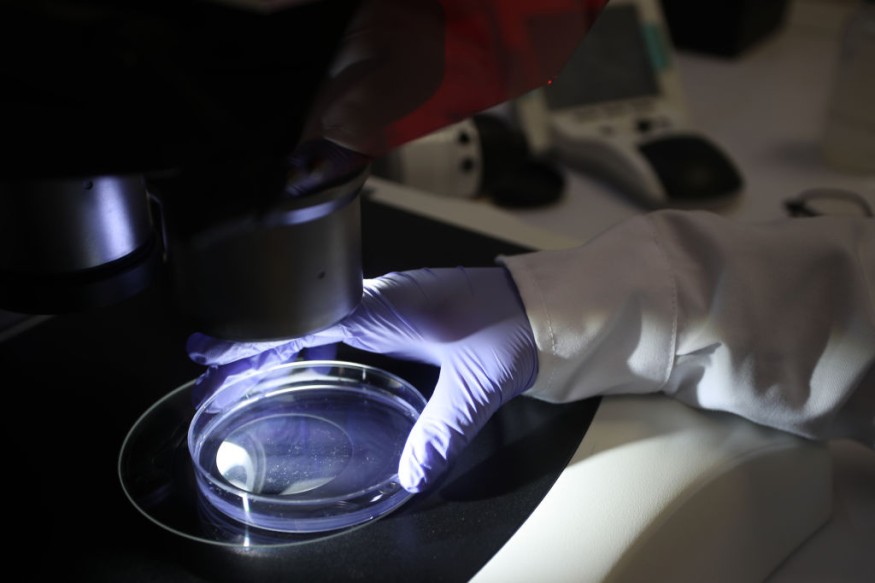A new disease affecting the kidney and the liver was identified by scientists from Newcastle University in Tyne, England.
As part of their new study, the experts narrowed down behind previously mysterious organ fibrosis and ciliopathy triggered by genetic mutations.
Specifically, the breakthrough research provides insight for patients with unexplained liver and kidney problems.
This entailed that the discovered disease is inherited rather than acquired through an individual's lifespan factored by lifestyle and the environment.
Chronic kidney and liver diseases are one of the main causes of illnesses and deaths worldwide.
While non-genetic acquisition of the disease is preventable through early detection or a healthy lifestyle, the new UK-based study offers a potential escape for people afflicted with the chronic condition since birth.
New Disease Discovered

In a new academic paper published in the American Journal of Human Genetics (AJDH) on May 5, the researchers explored organ fibrosis and described it as a shared terminus of various diseases.
However, the experts claimed that we do not fully understand yet the underlying biological processes of the new disease.
In particular, the study focused on the progressive heart, kidney, and liver degeneration amongst children and adults.
Through genetic sequencing, the Newcastle University experts found these medical conditions are caused by the mutation of a gene called TUB Like Protein 3 (TULP3).
The ground-breaking discovery led to the identification of the new liver and kidney disease caused by the inherited and mutated form of TULP3.
The gene is associated with cilium or cilia, characterized as hair-like structures outside eukaryotic cells, ranging from the cell body to the fluid surrounding the cell, according to a separate study published in the journal Bio Science in November 2014.
Spearheaded by Professor John Sayer, the deputy dean of clinical medicine at Newcastle University, the new study was funded through the Genomics England's 100,000 Genomes Project.
It was also co-funded by the Kidney Research UK and the Northern Counties Kidney Research Fund.
The Faulty Gene
According to a press release by the Newcastle University regarding its study on May 26, "a faulty gene is the catalyst for the increased risk of organ fibrosis targeting the liver and kidney."
The disease is collectively called as TULP3-related ciliopathy, a genetic disorder affecting the cellular cilia of the body.
Multiple studies generally agree that ciliopathy or ciliopathies are a group of genetic human diseases with a damaged or defective cilia.
In relation to the new study, the UK-based researchers determined that the TULP3-related ciliopathy is a monogentic cause of progressive degenerative disease affecting the major organs of the body.
Kidney Disease Cases
According to the National Kidney Foundation, 10% of the world's population are affected with chronic kidney disease (CKD) and millions of patients die each year due to their inability to access affordable treatment.
The organization emphasizes only 2 million people globally receive such treatment for kidney failure in five countries, including the United States, Brazil, Germany, Italy, and Japan.
The limited treatment of CKD stems from the mentioned countries' universal health care, especially for the old age group.
© 2025 NatureWorldNews.com All rights reserved. Do not reproduce without permission.





